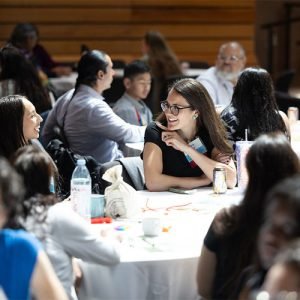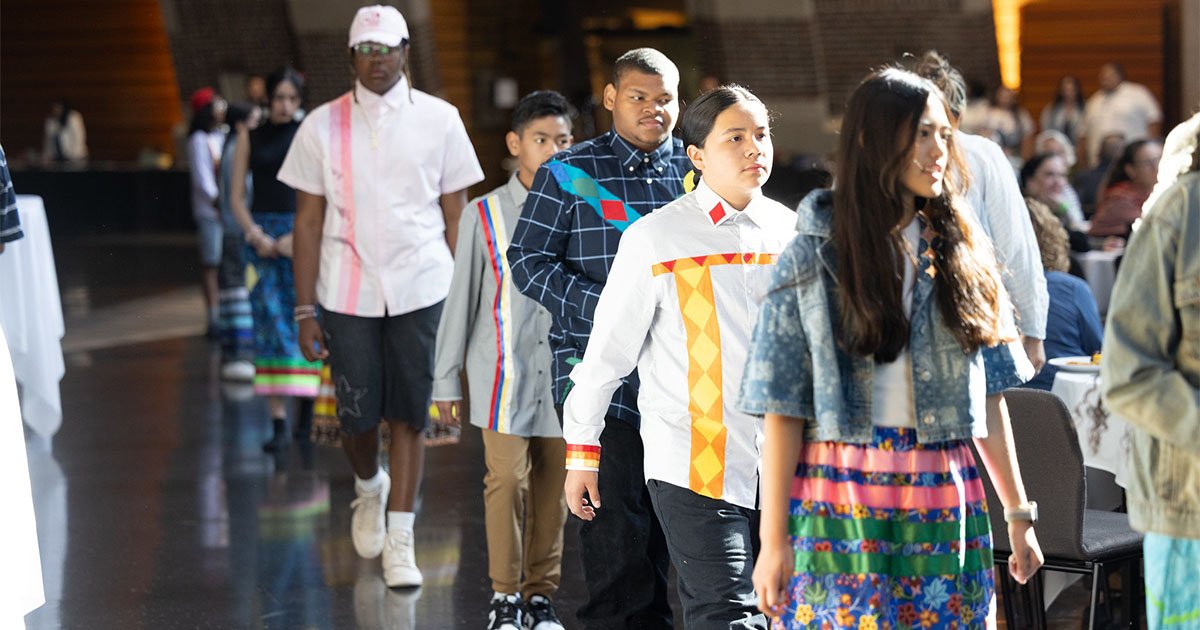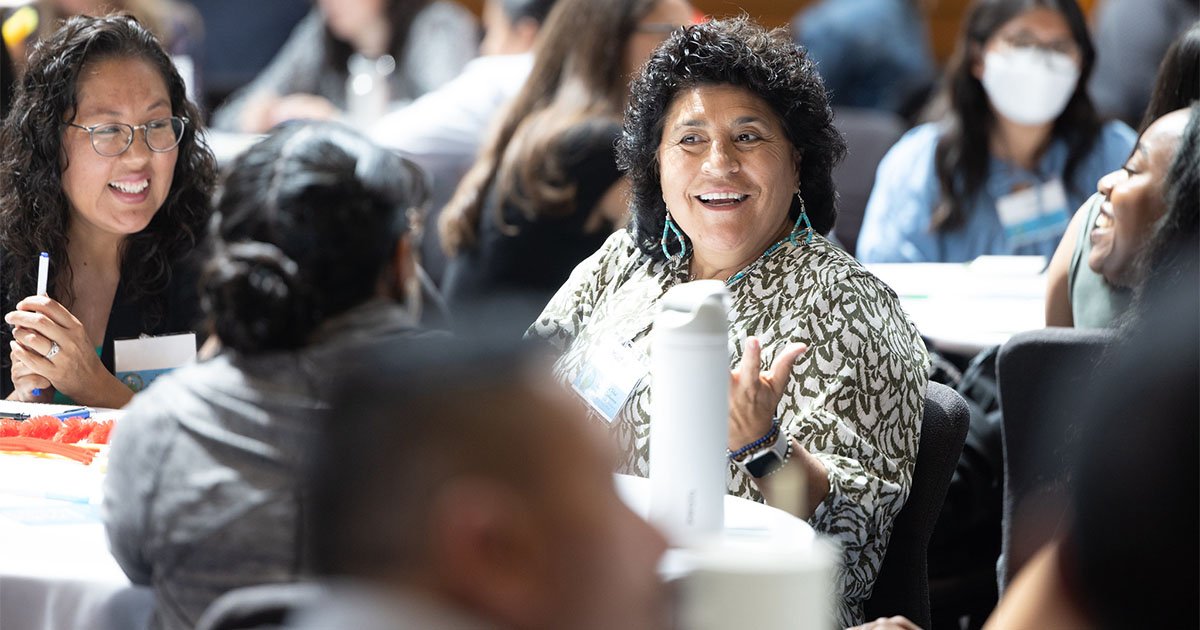In her keynote speech to open the 2024 National Tribal Tobacco Conference, ethnobotanist and educator Linda Black Elk related an anecdote that underscored traditional tobacco’s importance in Native American culture. Black Elk, educational programming and cultural outreach lead at North American Traditional Indigenous Food Systems, told the audience about an elder at North Dakota’s Standing Rock Indian Reservation. He said he had no problem when someone presented him with cigarettes or pouch tobacco from the store as an offering. “But when they brought him a bag of traditional tobacco that they pressed and shaped themselves,” she related, “it told him that they were serious about the request they had come to make.”
“Traditional tobacco is all about connections,” Black Elk said. “Connections to the earth, because you’ve harvested the plants. Connections to each other, because everyone has a different blend they use that helps us understand and learn from each other.”
That theme—that traditional tobacco is a way of communicating and a source of spiritual and cultural identity for many Native American people—ran through many of the speeches, panels, and conversations that comprised the 2024 National Tribal Tobacco Conference. The other major theme was reducing the use of commercial tobacco products in Native American populations.

The conference, co-organized by School of Public Health Associate Professor Dana Carroll and the American Indian Cancer Foundation and held at the University of Minnesota, aimed to both elevate American Indian cultural traditions while combating the serious public health threat of cigarette, smokeless tobacco, and other commercial tobacco products in American Indian/Alaska Native (AI/AN) populations. In Minnesota, 59% of the AI/AN people smoke relative to 16% of the overall population. Underscoring the health dangers of commercial tobacco, one presenter noted that commercial tobacco products can contain as many as 55 pesticides, herbicides, and fungicides—many of which are known carcinogens.
Chief among the conference’s goals, according to Carroll, was creating connections. With more than 150 people gathered together from across the country, the conference was a unique opportunity “to create new relationships and learn what strategies people and organizations are using in their communities to reduce commercial tobacco and reclaim traditional tobacco. By talking through strategies and getting other perspectives, the conference was a perfect platform to share ideas and discuss culturally relevant solutions to addressing these challenges.”
The conference featured a diverse lineup of speakers from a range of backgrounds and fields of expertise, including health professionals, researchers, and tribal leaders. Panel discussions and guest speakers covered a range of topics, from the latest research on commercial tobacco cessation strategies to examples of successful community-based programs and initiatives. And although it was held on a university campus and included research findings, the Tribal Tobacco Conference was, by design, “not a typical scientific conference,” said Carroll. “And that’s a good thing.”
“This was meant to be a departure from other conferences, where it’s all research-based,” Carroll noted. “We wanted to build in opportunities to reflect shared learning and discuss how programs or research could be sustained or built upon in local communities.”

The 2024 conference received funding support from the Robert Wood Johnson Foundation. Looking ahead, Carroll said the organizers are planning to hold the conference again in 2026.
For more information, visit the conference website

